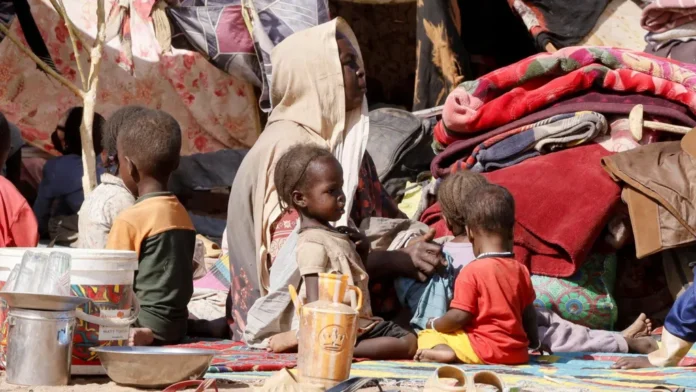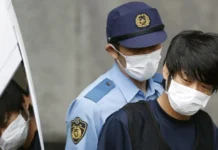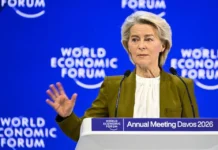Written by Lisa Murimi
A silent catastrophe is unfolding in western Sudan.
The International Criminal Court (ICC) told the United Nations Security Council Thursday that there are “reasonable grounds” to believe war crimes and crimes against humanity are being committed in Darfur — including targeted sexual violence against women and girls of specific ethnic groups.
As war between the Sudanese army and the paramilitary Rapid Support Forces (RSF) grinds into its third year, the humanitarian toll has become staggering.
Over 150,000 people have died. At least 12 million have been displaced. And now, a new generation is paying the price: children are starving to death.
“Children in Darfur are being starved by conflict and cut off from the very aid that could save them,” said UNICEF’s Sheldon Yett.
Between January and May alone, over 40,000 children were admitted for treatment of severe acute malnutrition — more than double the figure from last year.
ICC Deputy Prosecutor Nazhat Shameem Khan, speaking after a fresh investigation launched in 2023, described “an inescapable pattern of offending,” including mass killings, deliberate sieges, and the destruction of critical infrastructure.
Hospitals have been bombed. Food and water convoys attacked. In el-Fasher, civilians are trapped without aid, surrounded by RSF forces.
“It’s difficult to find appropriate words to describe the depth of suffering,” Khan said.
Despite a U.S. designation of genocide in January, the RSF denies wrongdoing, dismissing the violence as a “tribal conflict.”
But to those on the ground, it’s no longer a question of politics. It’s survival. Cholera spreads, famine deepens, and hope fades.
The world once vowed “never again” after Darfur’s horrors in the early 2000s. Two decades later, the nightmare has returned — and this time, the world is watching in silence.



















